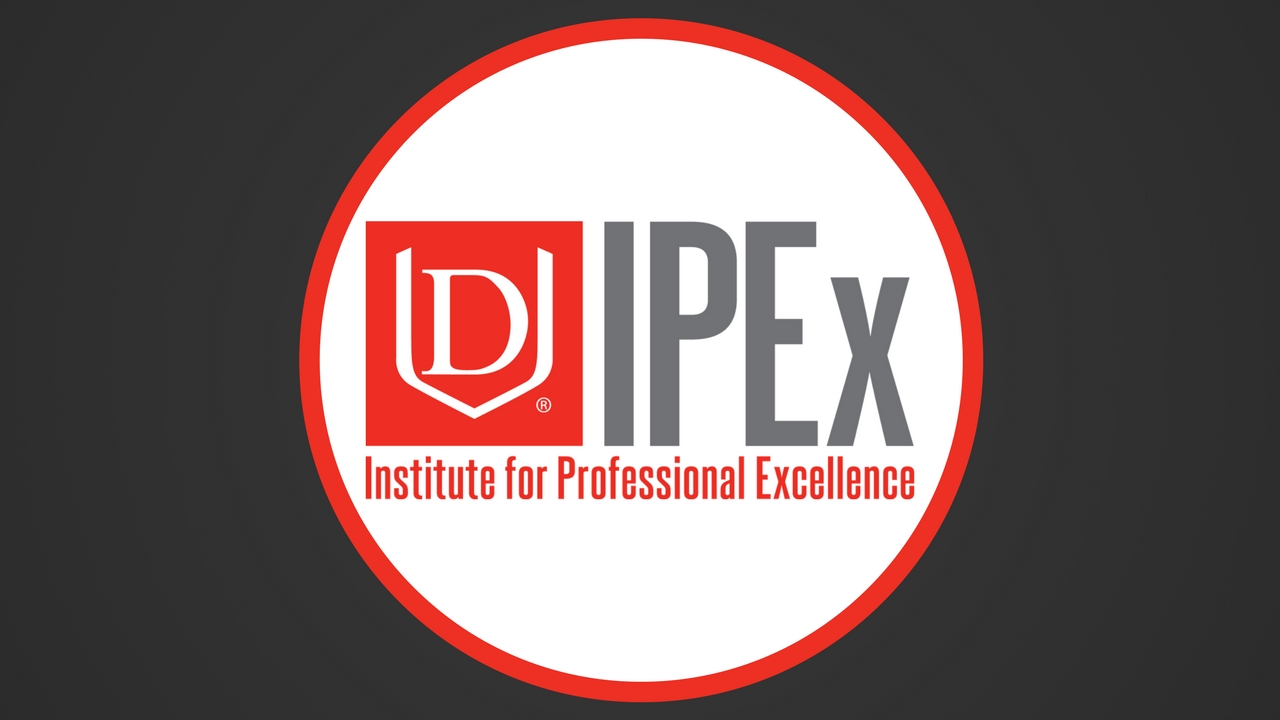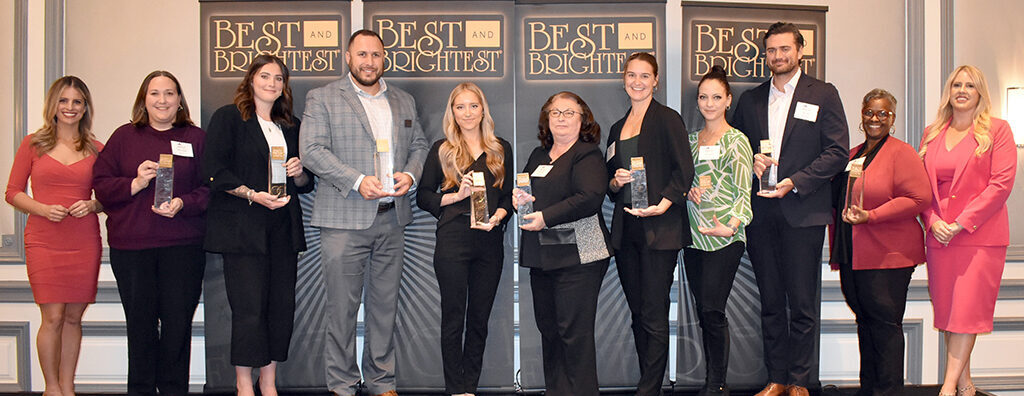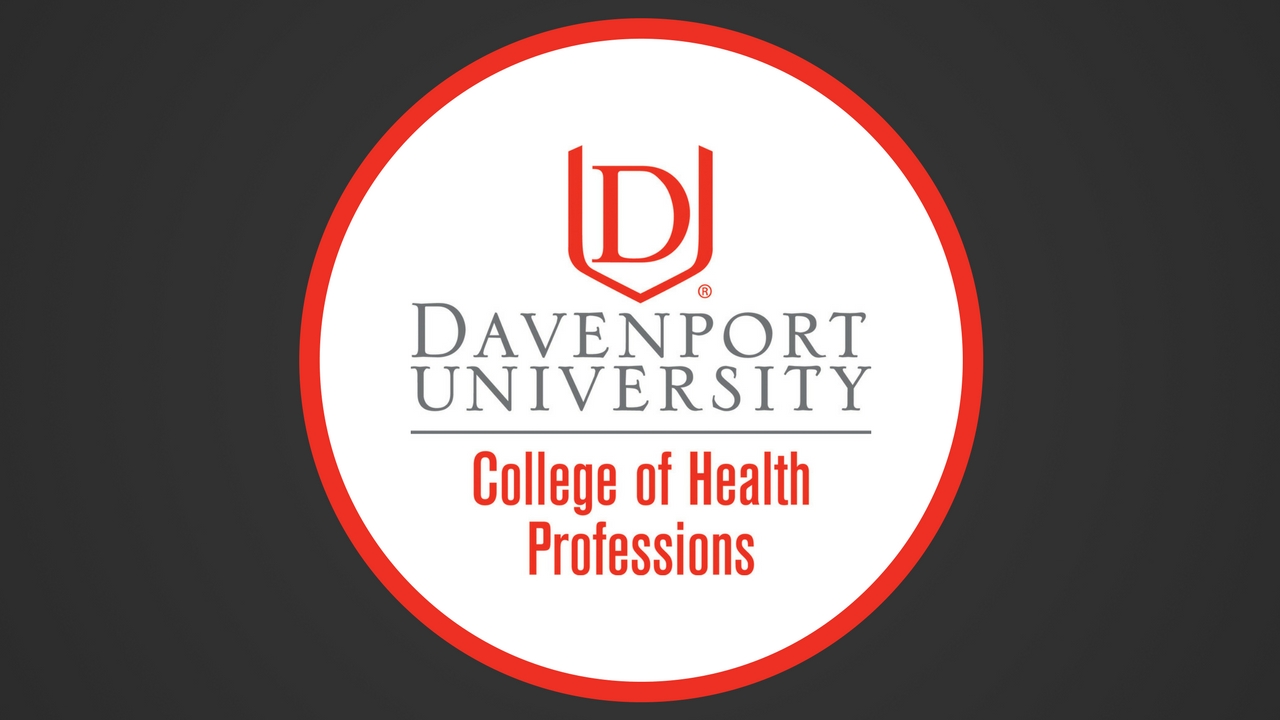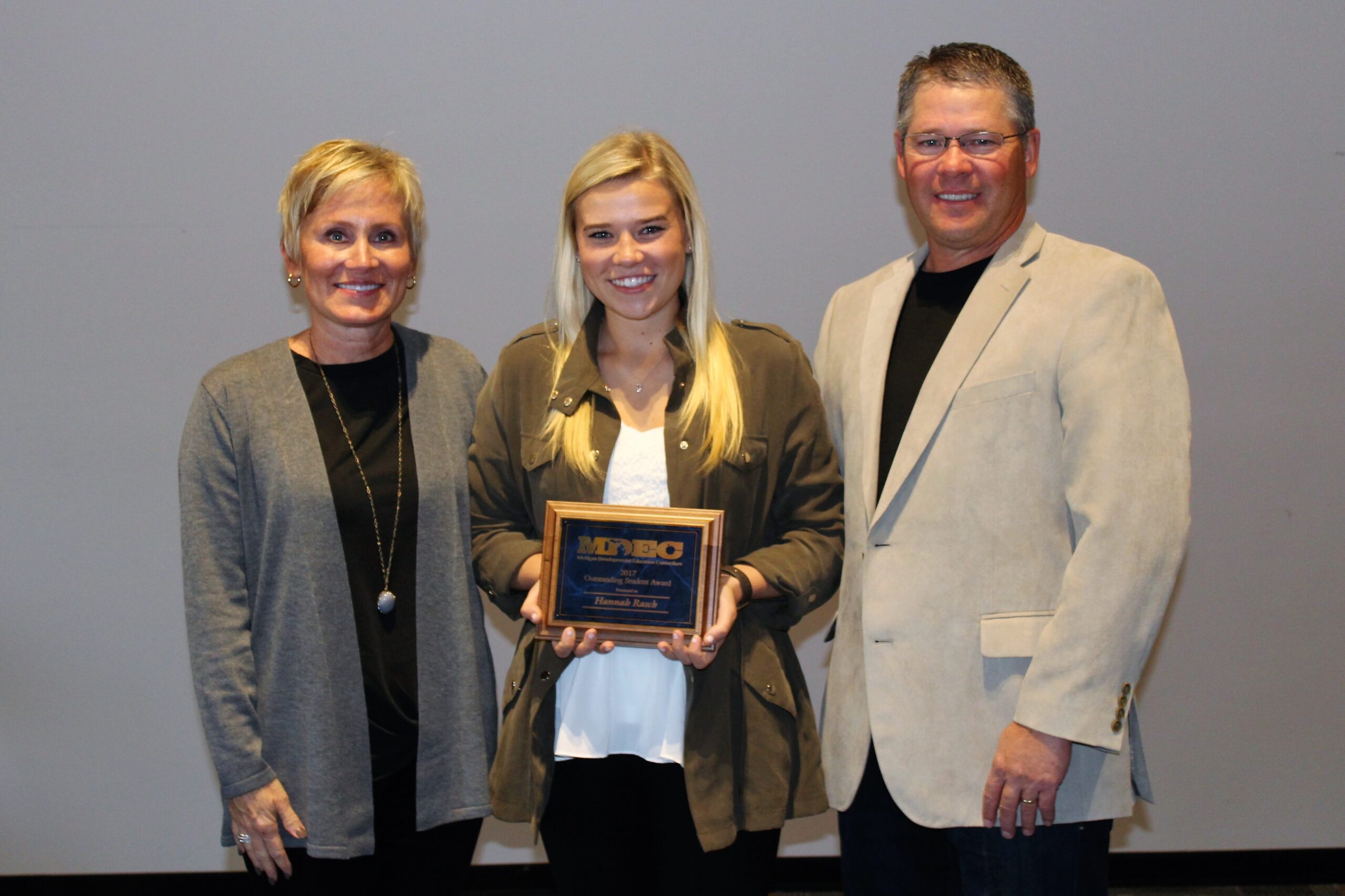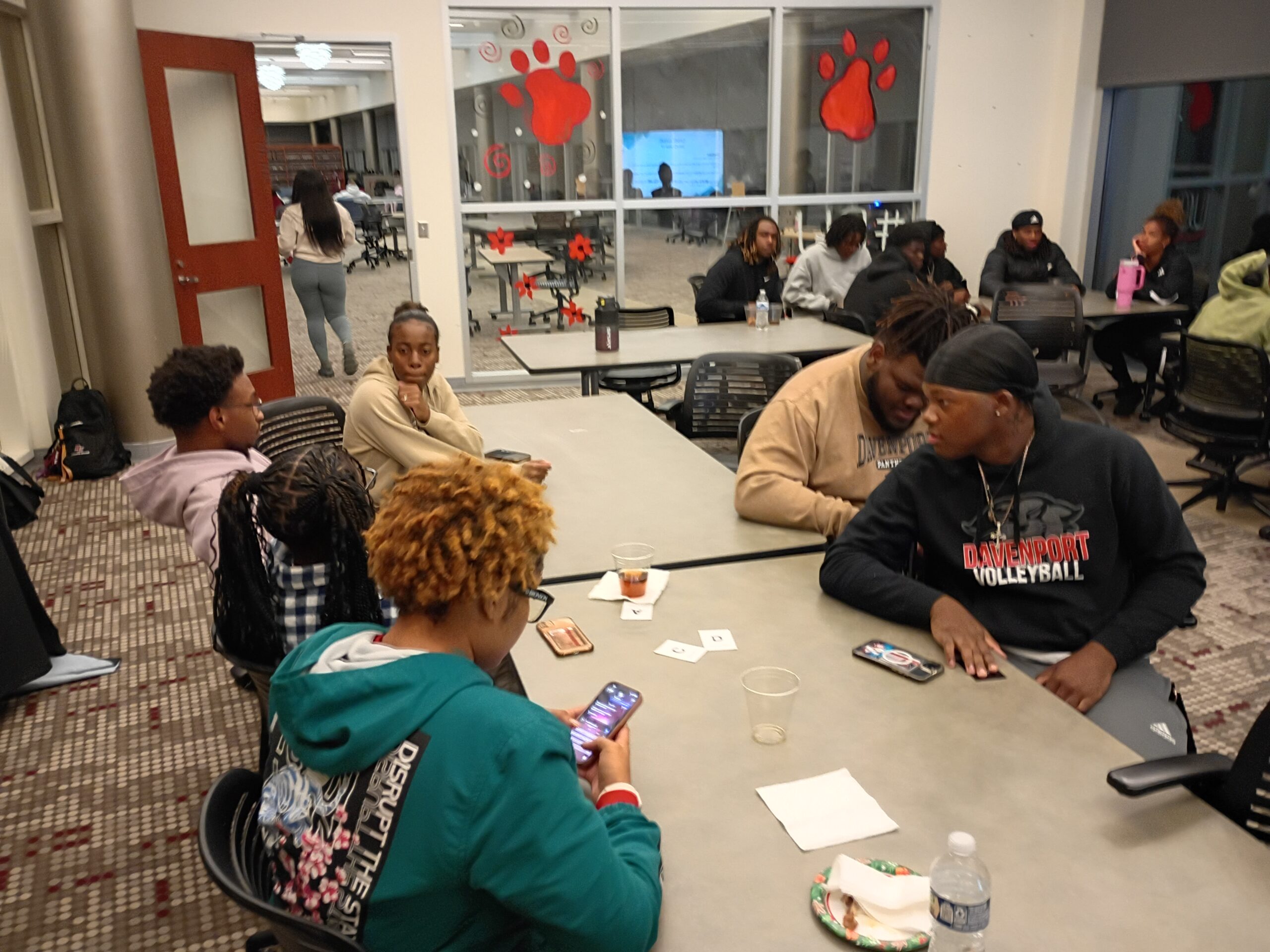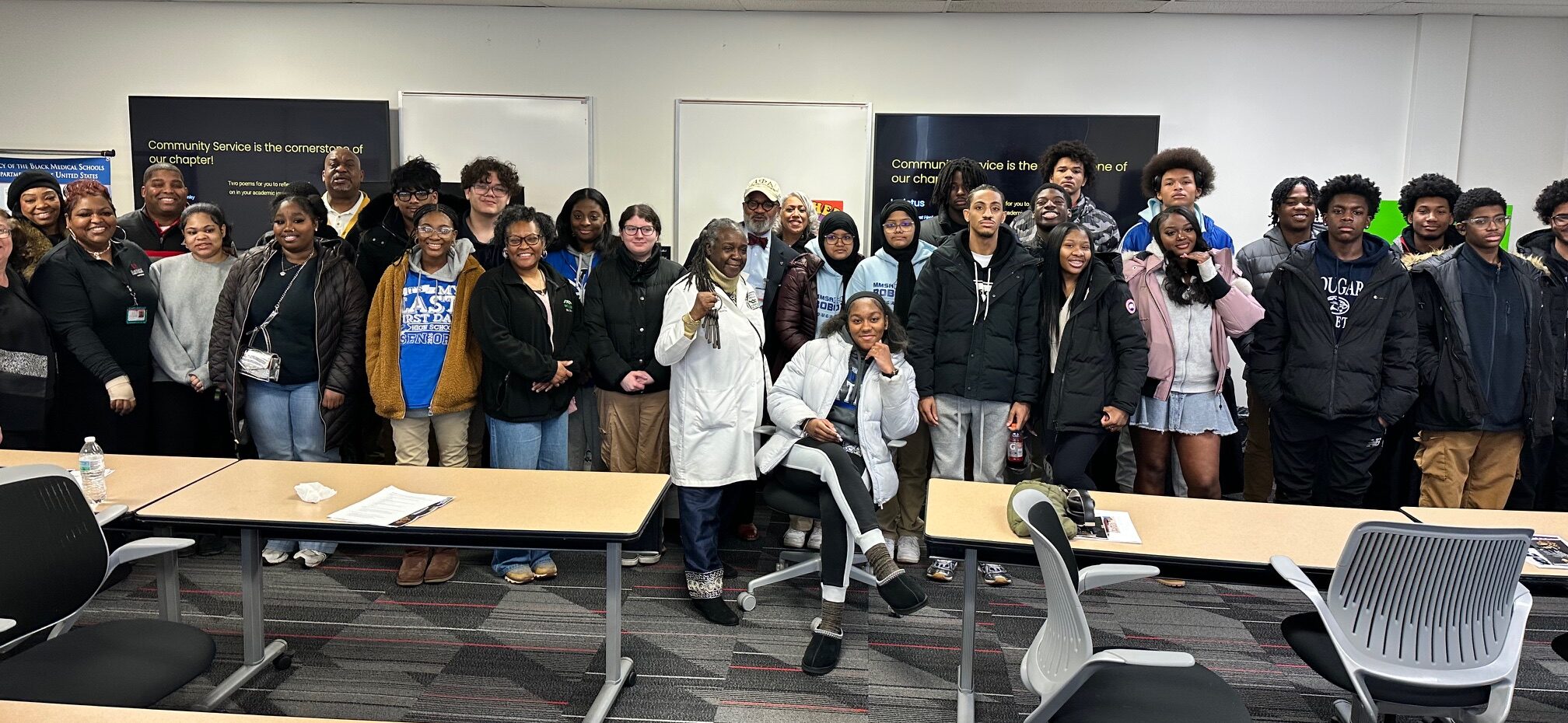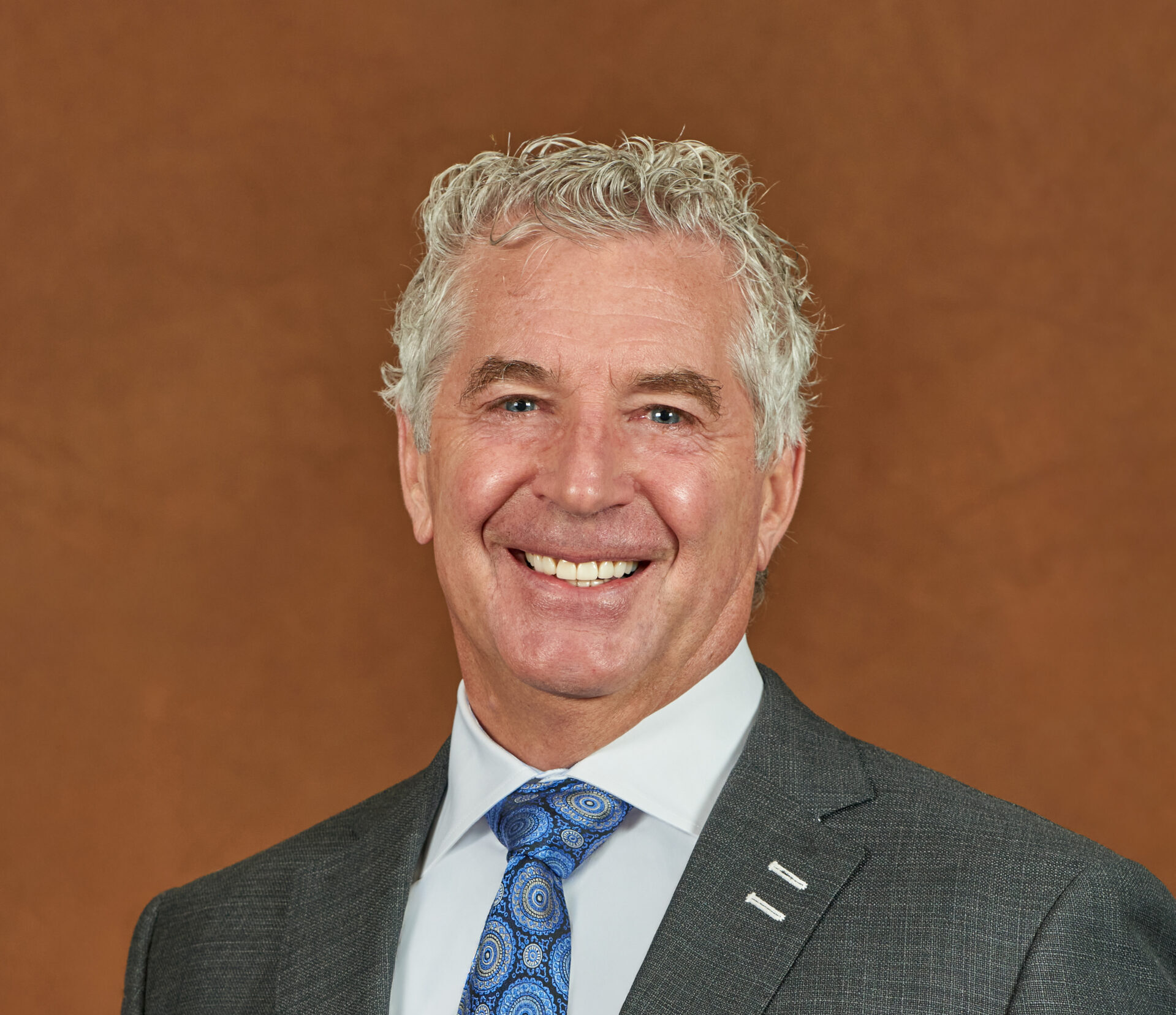They put on heavy protective overalls, helmets, boots and gloves whenever the fire bells rings, but being a firefighter today is also a “white-collar job” in some important ways. For those who want to move up the ranks, skills such as budgeting and data analytics, motivating diverse personnel, policy-making, effective communication and transparency are as important as knowing how to put out fires.
That’s why training and development is among four key strategies that Grand Rapids Fire Chief John Lehman has prioritized for the department over the next three years. It’s also why he partnered with Davenport University’s Institute for Professional Excellence (IPEx) to create a customized learning program to advance the leadership skills of 25 firefighters from Grand Rapids’ 11 fire stations. The program started in January and was completed on June 13.
Preliminary planning sessions with Davenport’s IPEx team ensured a program that was specifically targeted to firefighters’ needs and grounded in the understanding that their work environment is unique. For example, they eat, sleep and live together for 24-hour stretches. What’s more, the duties and responsibilities of leaders go beyond the emergency response training often associated with top-notch public servants in the community. Discipline, teamwork and decision-making in the field and in the firehouse are critical to a high-functioning organization. Firefighters are also ambassadors for a host of community outreach efforts, and the training they need to work with each other and the community has expanded from what many traditionally associate with the words “to serve and protect.”
In every detail, the IPEx curriculum was targeted to those realities. All class sessions were held at the fire department’s downtown training facility versus Davenport’s campus. To make the content as specific and relevant as possible, a session on budgeting and business acumen was conducted by the city CFO. Corporate Learning Facilitator Kevin Matthews, who conducted all other sessions, even spent a day embedded with a firehouse squad to help him prepare for the program. In addition to seeing firsthand the administrative and so-called “soft” people skills that firefighters in leadership roles need, the experience helped him lead class discussions that were authentic to the personality dynamics of firefighters and the special challenges they face.
“A common theme I heard from participants was that the program was beneficial because it was tailored to them,” reports Chief Lehman, who sat in on all 10 four-hour sessions. “They knew it wasn’t just another ‘check the box’ class” – i.e., something generic that could be offered to anyone in any profession.
Chief Lehman intends to repeat the program for another group of officers in the near future. “I was extremely happy, not just as a customer but also as someone who participated in the class, with the quality of the product that we received from Davenport,” he says. “It’s going to be very beneficial to us to have a common baseline of learning, and it’s also going to provide for good succession planning.”
Lt. Edward Braman, who completed the program after nine years of on-the-job experience, agrees that firefighters today need a broadened range of skills to be successful leaders. “We’ve become very reliant on statistics, data and analysis to authenticate what we’re doing and provide a better program,” he says. “It’s not just going to fires anymore.”
Share This Story!
They put on heavy protective overalls, helmets, boots and gloves whenever the fire bells rings, but being a firefighter today is also a “white-collar job” in some important ways. For those who want to move up the ranks, skills such as budgeting and data analytics, motivating diverse personnel, policy-making, effective communication and transparency are as important as knowing how to put out fires.
That’s why training and development is among four key strategies that Grand Rapids Fire Chief John Lehman has prioritized for the department over the next three years. It’s also why he partnered with Davenport University’s Institute for Professional Excellence (IPEx) to create a customized learning program to advance the leadership skills of 25 firefighters from Grand Rapids’ 11 fire stations. The program started in January and was completed on June 13.
Preliminary planning sessions with Davenport’s IPEx team ensured a program that was specifically targeted to firefighters’ needs and grounded in the understanding that their work environment is unique. For example, they eat, sleep and live together for 24-hour stretches. What’s more, the duties and responsibilities of leaders go beyond the emergency response training often associated with top-notch public servants in the community. Discipline, teamwork and decision-making in the field and in the firehouse are critical to a high-functioning organization. Firefighters are also ambassadors for a host of community outreach efforts, and the training they need to work with each other and the community has expanded from what many traditionally associate with the words “to serve and protect.”
In every detail, the IPEx curriculum was targeted to those realities. All class sessions were held at the fire department’s downtown training facility versus Davenport’s campus. To make the content as specific and relevant as possible, a session on budgeting and business acumen was conducted by the city CFO. Corporate Learning Facilitator Kevin Matthews, who conducted all other sessions, even spent a day embedded with a firehouse squad to help him prepare for the program. In addition to seeing firsthand the administrative and so-called “soft” people skills that firefighters in leadership roles need, the experience helped him lead class discussions that were authentic to the personality dynamics of firefighters and the special challenges they face.
“A common theme I heard from participants was that the program was beneficial because it was tailored to them,” reports Chief Lehman, who sat in on all 10 four-hour sessions. “They knew it wasn’t just another ‘check the box’ class” – i.e., something generic that could be offered to anyone in any profession.
Chief Lehman intends to repeat the program for another group of officers in the near future. “I was extremely happy, not just as a customer but also as someone who participated in the class, with the quality of the product that we received from Davenport,” he says. “It’s going to be very beneficial to us to have a common baseline of learning, and it’s also going to provide for good succession planning.”
Lt. Edward Braman, who completed the program after nine years of on-the-job experience, agrees that firefighters today need a broadened range of skills to be successful leaders. “We’ve become very reliant on statistics, data and analysis to authenticate what we’re doing and provide a better program,” he says. “It’s not just going to fires anymore.”
Share This Story!
Stay connected!
Get the latest Davenpost News delivered to your inbox!
Related Stories
Davenport University was recently named one of Metro Detroit’s Best and Brightest Companies to Work For by the National Association [...]
Two alums from the 2016 Warren Bachelor of Science in Nursing (BSN) and Licensed Practical Nursing (LPN) programs received The [...]
Davenport University student Hannah Rasch is a coach at the Michigan Volleyball Academy, a volunteer at Helen DeVos Children’s Hospital [...]
Latest Stories
The path to college isn’t always easy, and for students of color, it is often littered with roadblocks not present [...]
In recognition of Black History Month, Feb. 23 – 26, the Warren campus of Davenport University invited middle and high [...]
Davenport University President Richard J. Pappas, Ed.D., announced that Mark Peters, the CEO of Butterball Farms, Inc. has been appointed [...]

